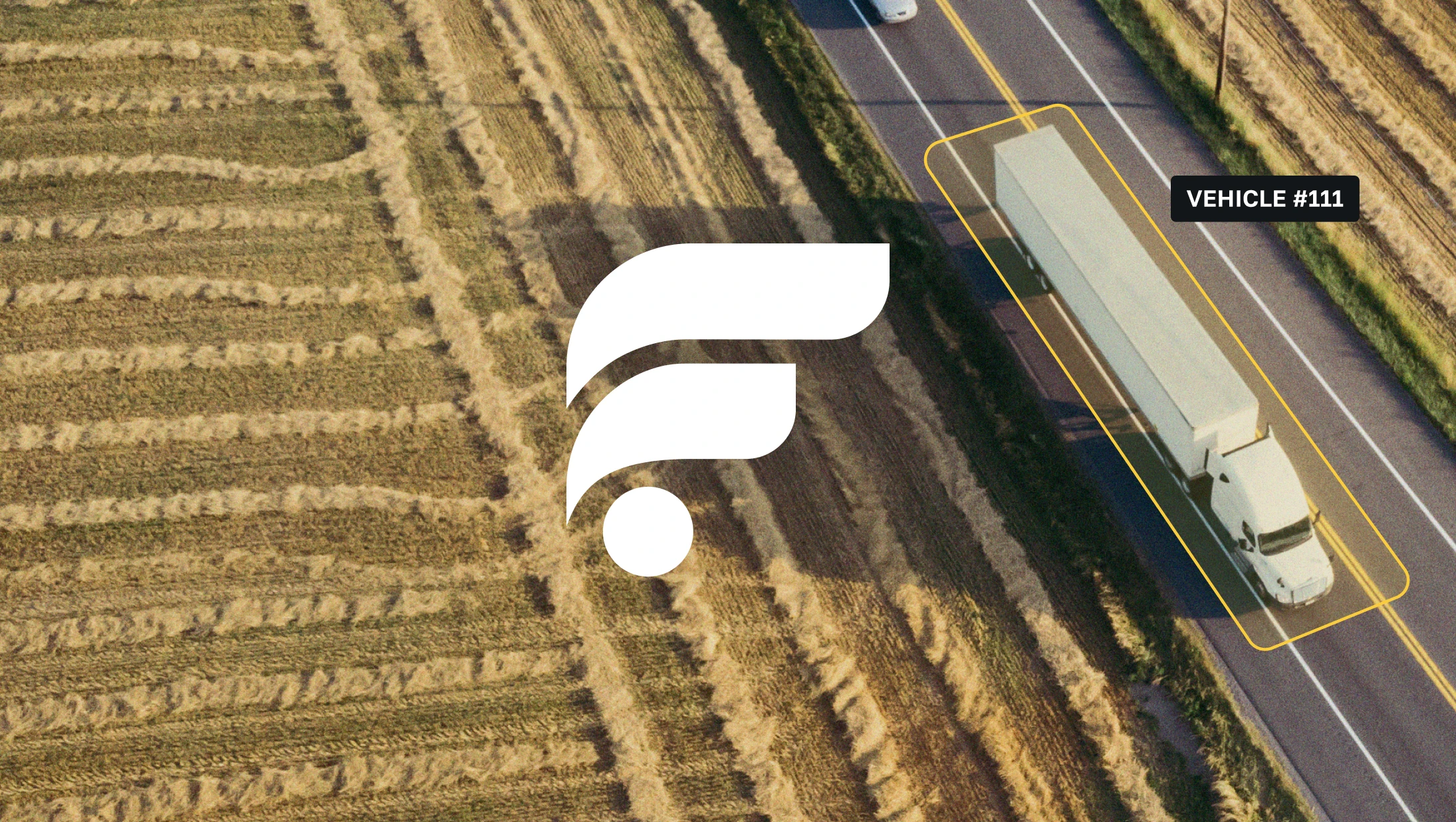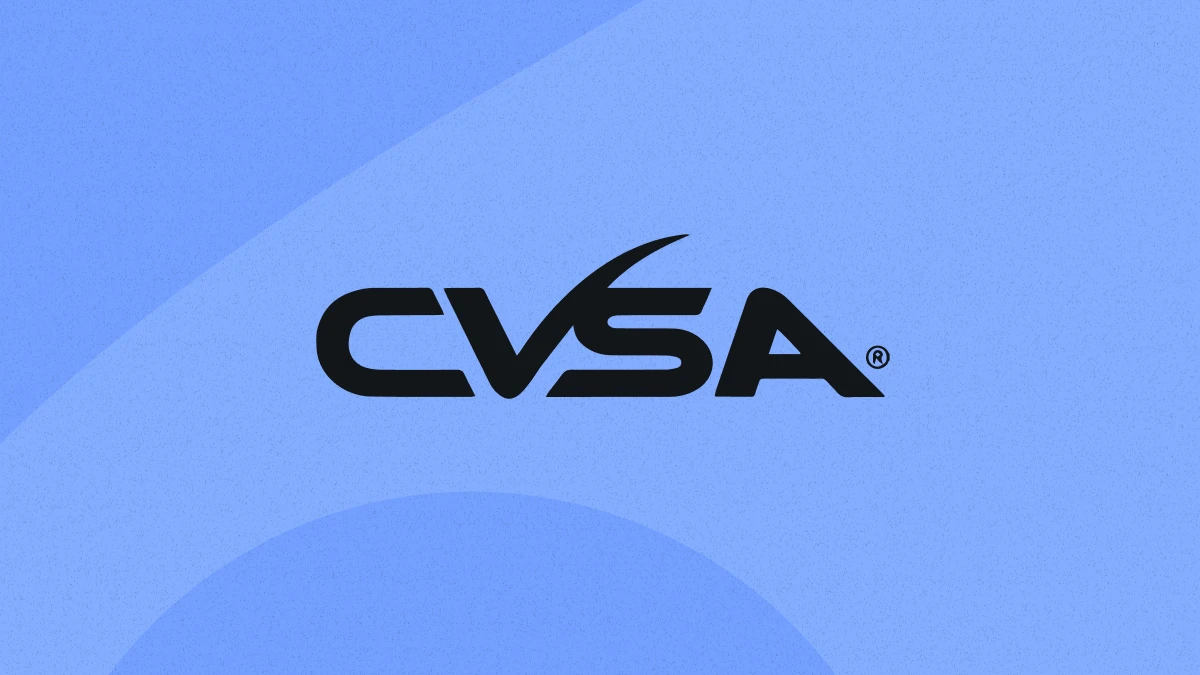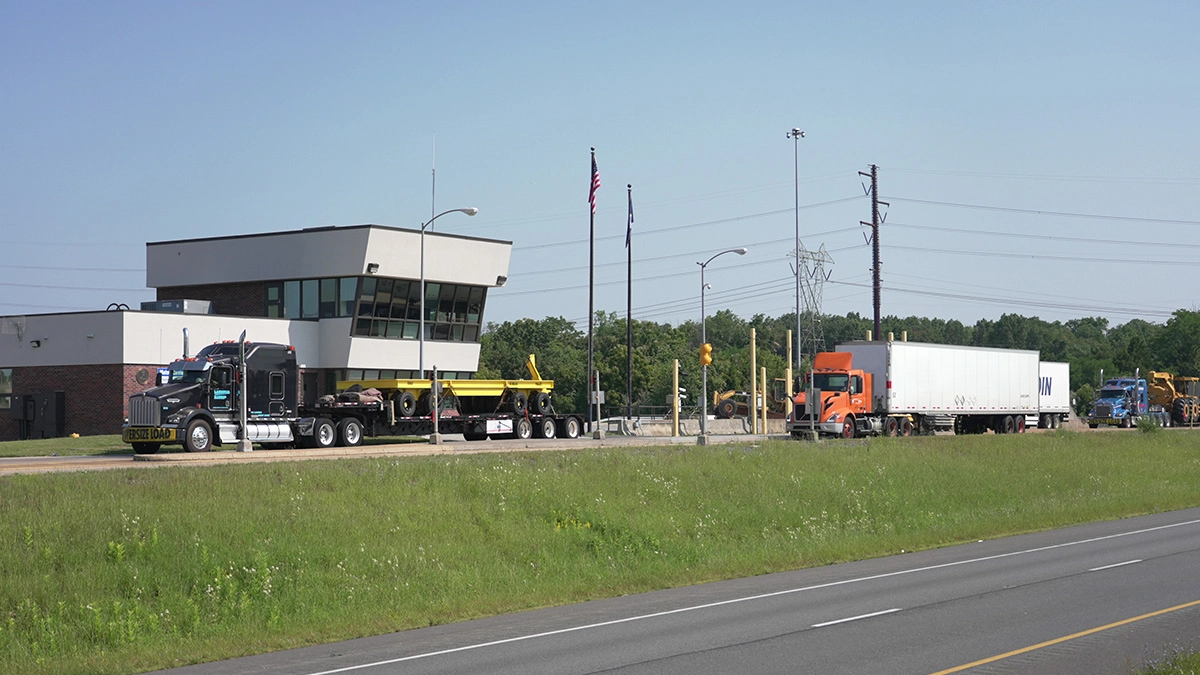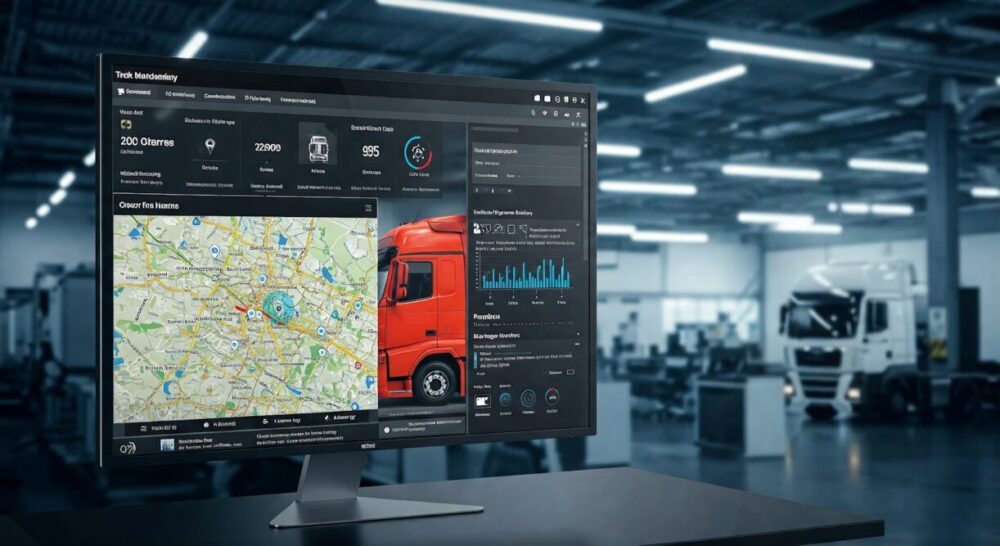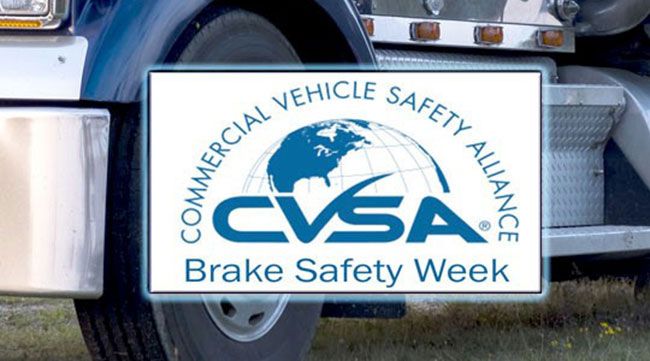
The CVSA’s Brake Safety Week is part of CVSA’s Operation Airbrake Program in partnership with FMCSA and the Canadian Council of Motor Transport Administrators. The goal of Brake Safety Week is to reduce the number of crashes caused or made more severe by faulty brake systems on commercial motor vehicles by conducting roadside inspections and identifying and removing unsafe commercial motor vehicles from our roadways. In addition to inspections and enforcement, outreach and awareness efforts by law enforcement agencies to educate drivers, motor carriers, mechanics, owner-operators, and others on the importance of proper brake maintenance, operation and performance are integral to the success of this safety initiative.
What are the Dates and Focus of the Brake Safety Week?
The dates for the Brake Safety Week for 2024 are August 25-31. Inspectors will be paying close attention to brake lining/pad violations. While checking these brake system components is always part of the North American Standard Inspection Program, CVSA is highlighting brake linings/pads as a reminder of their importance to vehicle mechanical fitness and safety. Brake lining and pad issues may result in vehicle violations and could affect a motor carrier’s safety rating.
Brake-related violations comprise the largest percentage of all out-of-service vehicle violations cited during roadside inspections. According to the Federal Motor Carrier Safety Administration’s 2023 vehicle violation data, six out of the top 20 vehicle violations were brake related. Last year’s CVSA International Roadcheck results showed that brake-system violations was the top vehicle violation, comprising 25.2% of all vehicle out-of-service violations during that three-day roadside inspections campaign.
Some examples of brake-related out-of-service violations that automatically place the vehicle out of service include broken brake drums, loose air tanks, corroded holes in a spring brake housing, inoperative tractor protection valves, etc.
Why is Brake Maintenance so Important?
Brake maintenance should be performed regularly — typically every time you go in for an oil change. During brake maintenance, brake parts should be replaced as needed. Your slack adjusters should be greased to ensure they don’t seize up and lead to brake failure. Your air compressor pressure gauge should be checked to ensure it reads above 60 PSI when the vehicle is off and between 100 and 125 PSI when it’s running. Your hoses and linings should also be in good condition, with no cracks or signs of leaks. They should all be at least one-fourth of an inch thick. The following link provides a flyer with 10 brake lining and pad tips – https://www.cvsa.org/wp-content/uploads/2024-BSW-Flyer-English.pdf
What Were the Results from the 2023 Brake Safety Week?
Commercial motor vehicle inspectors in Canada, Mexico and the U.S. conducted 18,875 inspections of commercial motor vehicles during the 2023 Brake Safety Week. Of the total number of the commercial motor vehicles inspected, 12.6% were placed out of service for brake-related violations. A total of 295 (12.4%) had steering axle brake violations, 1,127 (47.5%) had stand-alone brake violations and 1,394 (58.7%) failed the 20% defective brakes. For the full results from the 2023 Brake Safety Week click the following link – https://www.cvsa.org/news/2023-bsw-results/
What are Some Good Tips for Truck Drivers to Prepare for Brake Safety Week?
Do Your Homework: Your inspection will be a lot easier if you’re educated and have everything ready before you hit the road. Before Brake Safety Week, educate yourself and your drivers on FMCSA brake regulations, brake maintenance tips, and more. The CVSA website has checklists and info you can pass on to your drivers – https://www.cvsa.org/wp-content/uploads/Brake-Inspection-Check-List.pdf . Also make sure you have your drivers license, registration, and all paperwork inside your cab and ready to show the inspector.
Know What Inspectors are Looking for: Inspectors are going to be focused on your trucks’ brake-system components to find out-of-adjustment brakes and brake-system violations. Inspectors will be looking for:
- Loose or missing parts
- Air or hydraulic fluid leaks
- Worn linings, pads, drums or rotors
- Other faulty brake-system components
- Anti-lock braking system (ABS) indicator lights
Check Your Truck: Every time you hit the road, do a pre-trip brake inspection to test for any leaks and examine your truck’s brake shoes. Walk around your truck and look for loose hoses and leaks and listen for any air leaks. Check for low air signals, check your air disc brake rotors for cracks, and inspect brake linings for thickness, cracks, and wear.
Make Repairs: If you find any cracks or issues during your pre-trip inspection, be sure to get them fixed. By checking and fixing your truck before Brake Safety Week, you can prevent any surprises, avoid being placed out-of-service, and get back on the road faster.
More information on Brake Safety Week can be found on the CVSA website – https://www.cvsa.org/news/2024-bsw-dates/
Sources:
CVSA Website – https://www.cvsa.org/
“CVSA Announces Dates for Annual Brake Safety Week”, June 3, 2024, Land Line.
